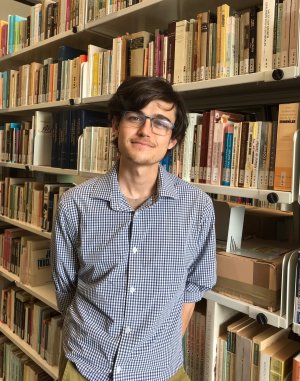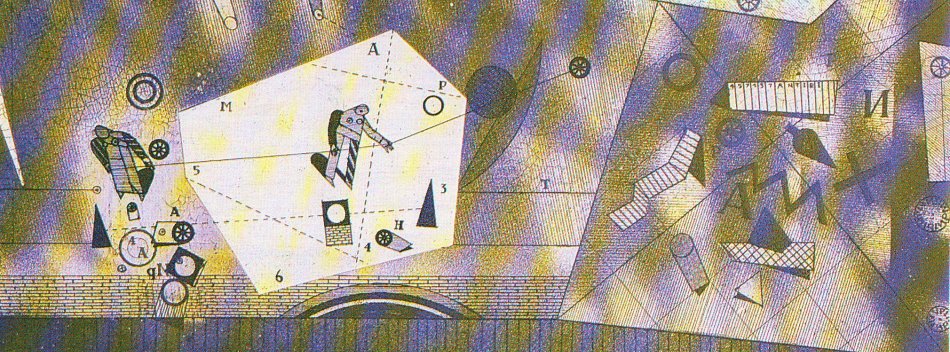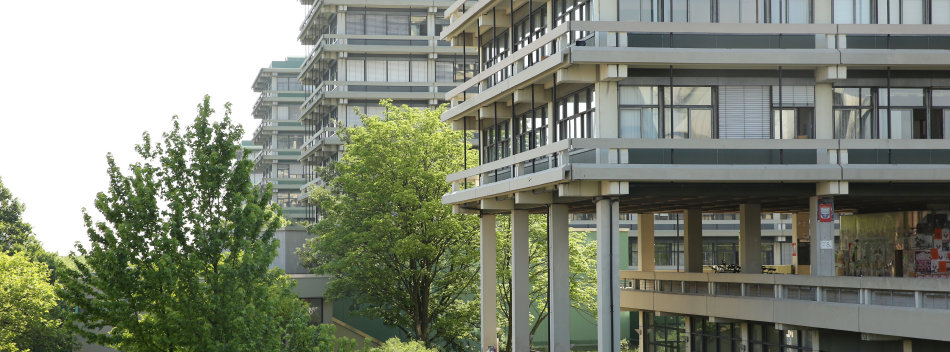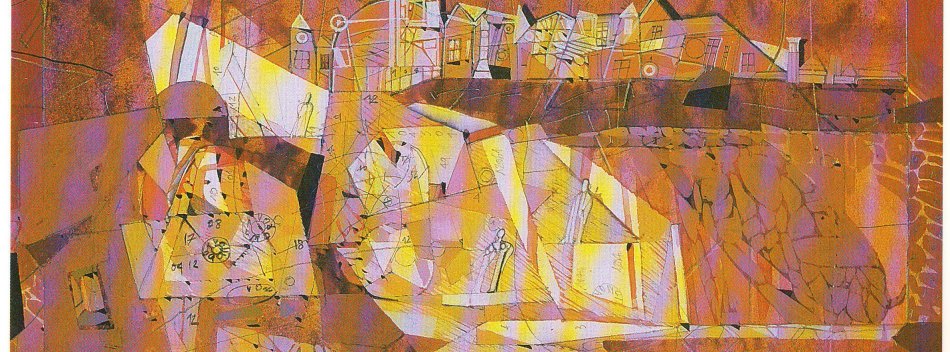Four Questions to our Visiting Student Fellow Stephen Sharp Queener

1. Tell us something about you?
I am currently a 4th-year undergraduate student at Stanford University in California. There, I am pursuing a B.A. in international relations, and work closely with the Center for Human Rights and International Justice. While at Stanford, I have been able to previously study the German language and study abroad in Berlin, as a part of a university program. I am currently a visiting student fellow here at the IDG thanks to the support of the Alfred-Krupp von Bohlen und Halbach-Stiftung, who provide funding for students at Stanford University to pursue temporary positions in German institutions.
I am originally from Santa Barbara, a small beach town in southern California. My hobbies include playing guitar, skateboarding, and reading philosophy.
After graduation, I hope to return to Germany with the support of a Fulbright or DAAD grant, in order to pursue an M.A. in Human Rights or Peace & Conflict Studies.
2. What are the main areas of your studies and most important research interests?
Within my studies of international relations, my degree specializes in international comparative governance and European & Russian studies, which has entailed taking courses on subjects like political theory, international political economics, the history of the European Union and modern European politics, the history of international communism and the Cold War, the spread of populism, as well as comparative studies of foreign policy.
However, my current research interests focus primarily on the cross-section between international politics, international law, and the pursuit of transitional justice & reconciliation in post-conflict societies. Other than taking courses on human rights and international criminal law, I currently work with Stanford Human Rights Center Director, Professor David Cohen, and former UN advisor and observer, Leigh-Ashley Lipscomb, on their project “Transitional Justice and Judicial Reform in East Timor, 2002-2022," which seeks to produce a comprehensive book detailing the many attempts and failures to provide judical and civil remedies to Timor-Leste by the UN, international aid organizations, and by Timorese and Indonesian political elite, after decades of occupation and violence organized and facilitated by the Indonesian military. Within this, I currently focus on how political narrativization of the memories of the memories of past violence has worked in Timor to abstract and sometimes completely silence the actual stated needs and desires of survivors, who do not always fit into the strict ideological category of ‘victim,’ which is promoted by the Timorese government in order to build national identity.
In the field of international law, I am also currently writing my bachelors honors thesis with the working title: “Discrepancies and Divided Development: how jus ad bellum has been unable to overcome its politics”. My thesis seeks to investigates the history and development of jus ad bellum¸ the international customary law governing the use of force in international relations, in order to demonstrate how political interests have shaped and constrained attempts to further codify and clarify jus ad bellum since the end of the second world war, and how global power imbalances reveal themselves in legal debates at international negotiation tables.
Finally, I am also interested in understanding the modern expansion of state surveillance techniques, especially technologically, and how best to ethically protect and support witnesses, journalists, and other documenters of human rights abuses and atrocities. This is a research area I have previous experience in during my time as a lab member at the Starling Framework for Data Integrity, which utilizes cryptographic methods and decentralized web protocols to establish trust in sensitive digital records such as the documentation of human rights violations and testimonies of genocides.
3. Why did you decide to come to the Institute for Diaspora Research and Genocide Studies/University of Bochum?
When I was considering institutions in which I could spend my Summer in Germany, I knew, firstly, that I wanted to have a productive academic environment abroad in which I could continue my research, and, secondly, that I wanted to utilize this opportunity to expand my knowledge and experience in a field that I felt I could not fully explore at my home University. For these two reasons, the Institute for Diaspora- and Genocide Studies here at the Ruhr Universität Bochum was the perfect fit.
My prior experience with the field of Genocide Studies comes primarily from the prior work I did with Stanford History Professor, Norman Naimark, as part of his long-running research project, “Why Genocide?” As a student with a diverse set of academic interests, genocide studies and the critical social science lens found within it, acts as a grounding force regardless of what topic-area I am currently working within, and pushes me to focus on the actual physical effects and encounters that result from often abstracted political and social discourses and policies. It pushes me to think critically about institutions, lingering ideologies, and cultural influences, and to take notice of potentially for, and the pre-existence of violence therein. I knew that as I reached the end of my undergraduate education and began to move my research interests in a more practical direction, that I wanted to make sure that I continued to hold and utilize the frameworks of thinking that genocide studies provide. Through my time here at the IDG, I hope to follow that academic thread to its fruition.
4. What are your first impressions of the University of Bochum?
The Ruhr Universität Bochum makes a stark first impression the second you step off the U35. The large brutalist architecture, large and noticeable presence of students all around, and the expansive views of the broader valley which reaches out past the equally as large university building, were all at first quite overwhelming. However, once I entered the IDG and became acquainted with our institute’s close and intimate setting, the size of everything outside only worked to amplify the academic environment within. The faculty, students, and researchers here at the IDG have all been extremely welcoming, even from my first day, and have made me feel included and integrated, despite my vastly different background. Only a month into my time here, the RUB and the IDG already feel like an academic home, one that I will surely miss when I return to America in the fall.





